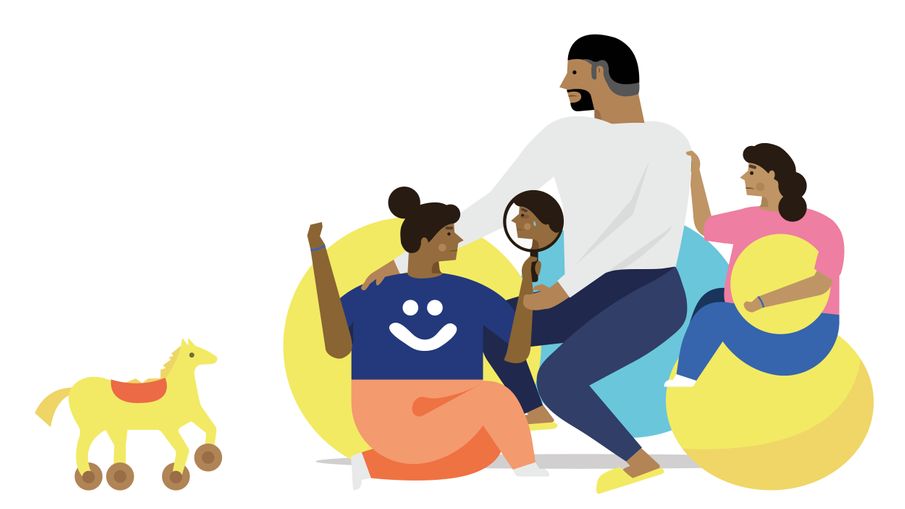With more and more children and young people struggling with depression, we share five ways you can support a child
According to The Children’s Society, 10% of adolescents aged just five to 16 have clinically diagnosable mental health problems, yet 70% of them will not receive help and support at an early stage. The Millennial Cohort Study revealed as many as one in four British girls will experience depression by the time they turn 14, while NHS figures suggest one in four young people will experience depression by the time they are 19.
Whether children and young people are experiencing more mental health problems, or it’s that we are becoming more aware of what to look for, it’s still unclear, but it’s hard to deny how frequent mental ill-health is becoming amongst adolescents. But, are we more likely to spot some conditions than others?
Researchers from the University of Missouri, Columbia revealed parents and teachers struggle to recognise depression in children aged 12 and under – despite 30% of children reporting their own feelings of mild to severe depression. While we may be more accepting and on the lookout for signs of depression amongst teens, many miss or dismiss symptoms in younger children.
Spotting the warning signs
Signs of depression can be easily misinterpreted as sadness or a low mood at any age. Through learning to identify symptoms sooner, we can help children get essential support at an earlier stage.
Common signs to keep an eye out for in children can include:
• A long-lasting,low mood over a prolonged period where they may
seem sad, irritable or grumpy.
How to help your child through depression
We asked counsellor and psychologist Philip Karahassan to share his advice on how you can help your child if you suspect they are experiencing depression. His advice?
“Depression is a part of life that can leave us feeling powerless to make changes. Yet when our child becomes depressed, it can make us feel disempowered – desperate to help lift their mood with no idea of how to do it. If your child may be showing signs of depression, you can start to help them by:

1. Being patient
Patience is pivotal when it comes to helping anyone with any mental or emotional anguish. You might see the way out, but in their emotional state, they might not. If they feel hurried, it may make them feel even more pressured and alone.
2. Listening
Depression leads to a state of loneliness that may make the person feel unable to trust that anyone will be there for them. You might feel that a quick fix might be all they need, but, in fact, they need to know that you are there for them and can be trusted.
3. Empowering them
This isn't about telling the child what to do, but instead, being supportive and allowing them to problem solve themselves. Let them see that they have what it takes to take action and make positive changes in their life.
4. Being reliable and consistent
By doing this, you are allowing the child to see that there is a way out, and that people around them are there to support them. It gives them a step up to feel able to address their depressed feelings.
5. Not passing judgement
Now, judgement is something which many don’t even feel they are doing, but by telling someone what to do, or ‘shaking them out of it’, it leads the depressed person to connect to the depressive state even more. Instead, start by opening yourself up to their feelings, and being the rock that they need to pass through their depression into a more free, empowered, and happier person.
If you are struggling with your mental health and need to talk, professional support may help. Use the bar below to enter your location and find a counsellor in your area:


Comments